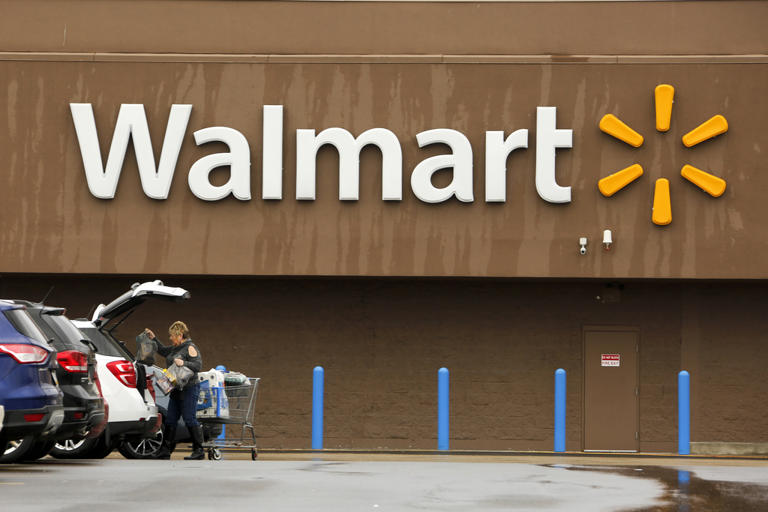A federal appeals court has advanced a significant legal battle against Walmart, paving the way for a potential class-action lawsuit alleging deceptive pricing practices. Yoram Khan’s lawsuit against Walmart contends that the prices displayed on shelves at Walmart stores do not consistently match the prices charged at the checkout counter. This discrepancy, Khan argues, led him to pay more than he expected for items purchased at an Illinois Walmart in 2022. His scrutiny of the receipt revealed that several items were priced higher at checkout than what was marked on the shelves.
The lawsuit extends beyond Khan’s individual experience, asserting that similar pricing inconsistencies were found not only in Illinois but also across multiple Walmart locations in Florida, Indiana, Maryland, New Jersey, and New York. These findings suggest a broader pattern of misleading pricing practices that could potentially impact countless consumers nationwide.
Initially dismissed by a lower court, which argued that providing a receipt to customers should eliminate any misunderstanding about pricing, the case gained traction on appeal. Circuit Judge David Hamilton, in his dissenting opinion, disagreed with this rationale. He emphasized that the act of providing a receipt does not absolve Walmart from the responsibility of ensuring that shelf prices accurately reflect the prices charged at checkout. Hamilton underscored the impracticality of expecting consumers to meticulously track and compare shelf prices against their receipts, especially in the midst of navigating store aisles, managing shopping lists, and attending to other distractions.
By allowing the lawsuit to proceed as a potential class action, the appeals court decision opens the door for other consumers who may have been similarly affected by Walmart’s alleged pricing discrepancies to join the legal action. This development signals a significant challenge for Walmart, potentially exposing the retailer to substantial liabilities if found liable for deceptive pricing practices.
In response to the court’s decision, Walmart reiterated its commitment to offering customers everyday low prices and expressed confidence in its ability to defend against the allegations. The company emphasized its intention to present robust evidence and arguments to refute the claims made in the lawsuit.
This case not only raises important consumer protection issues but also underscores the evolving legal landscape surrounding retail pricing practices. As the legal proceedings unfold, the outcome of this lawsuit could have broader implications for retail industry standards regarding pricing transparency and consumer trust. It serves as a reminder of the critical importance for retailers to maintain accurate and transparent pricing practices to avoid legal scrutiny and maintain customer confidence.
